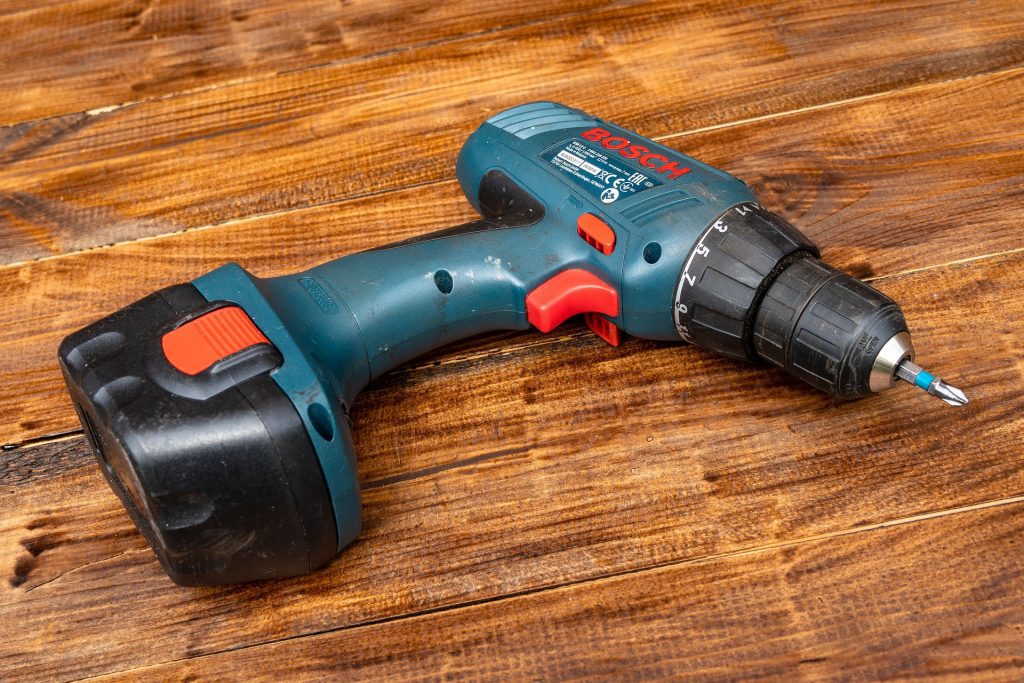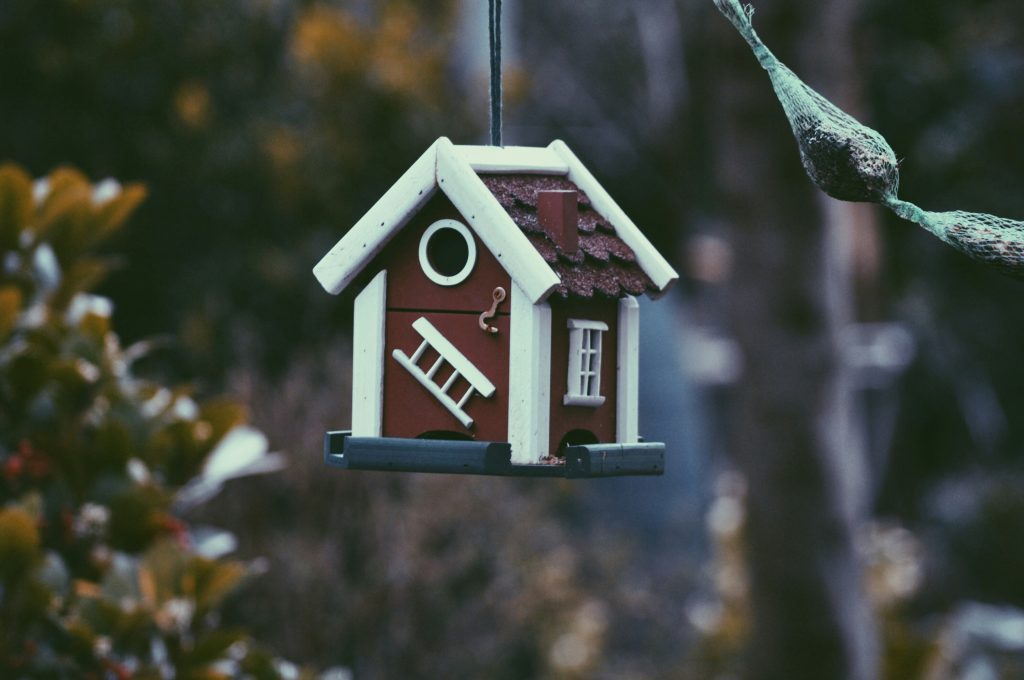Whether you’re a DIY enthusiast or a professional contractor, a cordless drill is one of the most versatile and essential tools in your arsenal. But with so many options on the market, how do you choose the right one? This guide will help you navigate the features, specifications, and factors that matter most when selecting the best cordless drill for your DIY projects.
1. Determine Your Purpose: What Will You Use the Cordless Drill For?
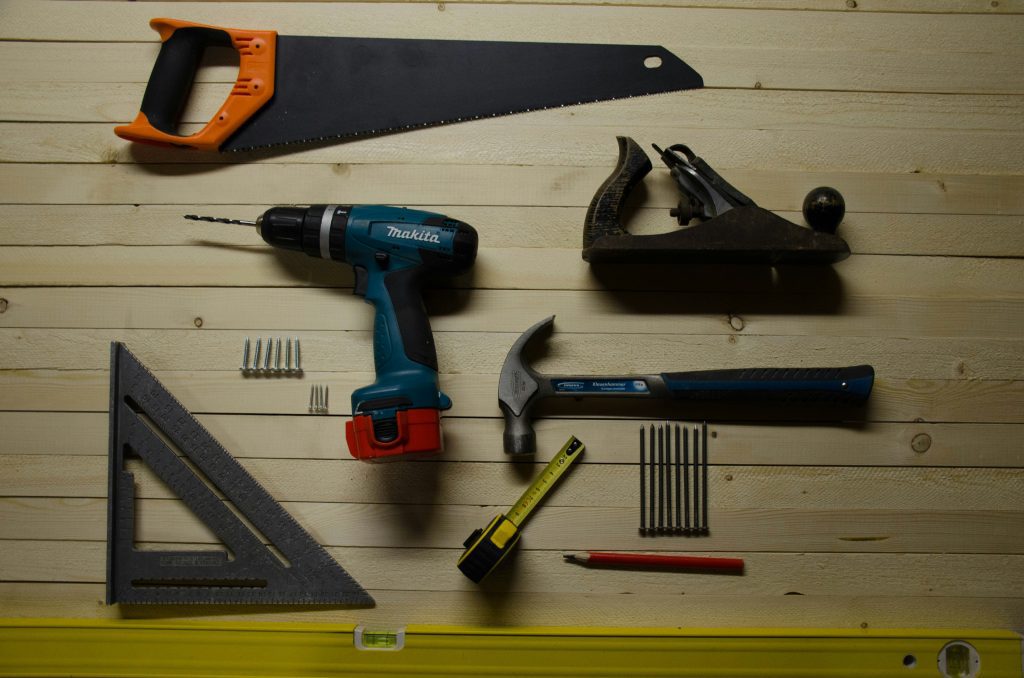
Start by identifying what you’ll be using the cordless drill for:
- Light DIY Projects: Hanging picture frames, assembling furniture, or small repairs.
- Medium-Duty Tasks: Drilling into wood, light masonry, or plastic.
- Heavy-Duty Work: Professional construction, drilling into metal, or working with dense materials.
Pro Tip: If you’re unsure, opt for a versatile, mid-range drill with adjustable power settings to cover a variety of tasks.
2. Consider the Key Features in Your Best Cordless Drill for DIY Projects
Here are the important features to focus on when selecting the best cordless drill for your DIY projects:
a. Voltage and Power
Cordless drills typically range from 12V to 20V:
- 12V drills: Lightweight and ideal for basic household tasks.
- 18V or 20V drills: More powerful, suitable for heavy-duty projects and professionals.
b. Battery Type and Capacity
Look for drills with lithium-ion (Li-ion) batteries, which are lightweight, long-lasting, and quick to charge.
- Battery capacity: Measured in ampere-hours (Ah). Higher Ah means longer runtime. For example, a 2.0Ah battery lasts longer than a 1.5Ah battery.
Pro Tip: Some drills come with interchangeable batteries, which is useful if you already own other tools from the same brand.
c. Speed and Torque
- Variable speed settings: Useful for different materials. Lower speeds are better for screws, while higher speeds are ideal for drilling.
- Torque: Measured in Newton meters (Nm). Higher torque is better for tougher materials.
d. Chuck Size
- 3/8-inch chucks: Common for light to medium tasks.
- 1/2-inch chucks: Better for heavy-duty applications, allowing for larger drill bits.
3. Look for Additional Features in Your Best Cordless Drill for DIY Projects
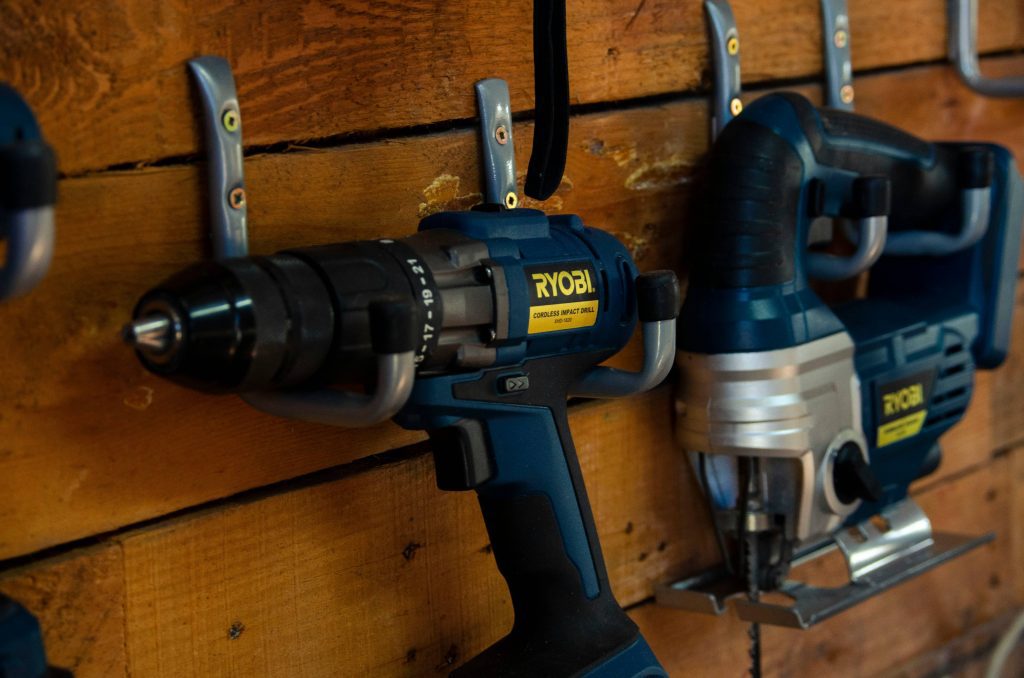
Some extras can make a big difference in usability:
- Brushless Motor: Offers better efficiency, durability, and longer battery life compared to brushed motors.
- LED Lights: Handy for working in low-light areas.
- Keyless Chuck: Allows quick and easy bit changes.
- Ergonomics: A comfortable grip and lightweight design reduce fatigue during long projects.
4. Compare Brands and Models to Find the Best Cordless Drill for Your DIY Projects
Popular brands like DeWalt, Makita, Bosch, and Milwaukee offer excellent cordless drills. Each brand has unique strengths:
- DeWalt: Known for durability and professional-grade tools.
- Makita: Lightweight and efficient tools with advanced features.
- Bosch: Great for precision and ease of use.
- Milwaukee: Excellent battery life and heavy-duty performance.
5. Set Your Budget for the Best Cordless Drill for Your DIY Projects
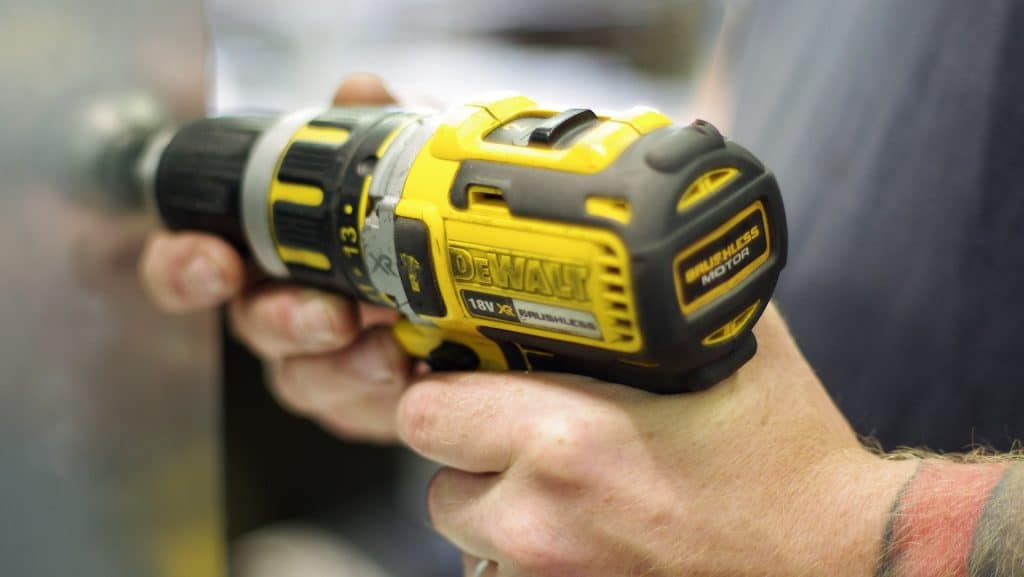
Cordless drills can range from $50 to $300 or more. Here’s what you can expect:
- Budget ($50-$100): Suitable for light DIY tasks.
- Mid-Range ($100-$200): Versatile and powerful enough for most home and medium-duty jobs.
- High-End ($200+): Packed with advanced features, ideal for professionals.
6. Check Reviews and Ratings Before Buying the Best Cordless Drill for Your DIY Projects
Before making a purchase, read reviews from trusted sources or watch YouTube demonstrations. Look for feedback on:
- Battery life and charging time.
- Build quality and durability.
- Performance on different materials.
7. Recommended Cordless Drills for DIY Projects in 2024
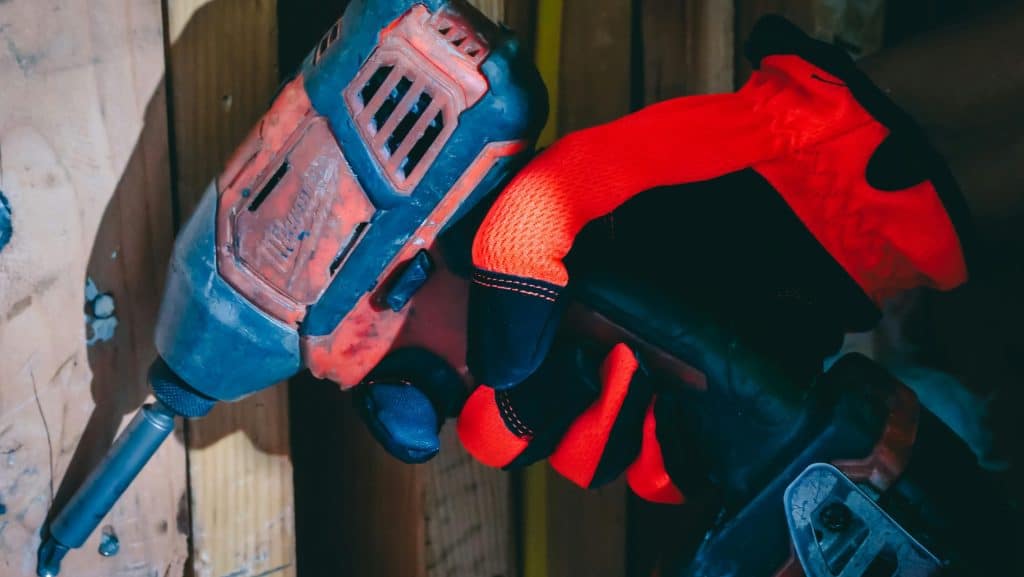
Here are some top-rated cordless drills for 2024:
- DeWalt DCD777C2 (20V Max)
- Features: Brushless motor, lightweight design, LED light.
- Best for: Versatile home and medium-duty use.
- Makita XFD131 (18V LXT)
- Features: High torque, ergonomic grip, long battery life.
- Best for: Professional tasks and heavy-duty projects.
- Bosch PS31-2A (12V Max)
- Features: Compact design, 20+1 clutch settings.
- Best for: Precision tasks and tight spaces.
Conclusion: Choosing the Best Cordless Drill for Your DIY Projects
Choosing the best cordless drill for your DIY projects doesn’t have to be overwhelming. By understanding your needs and focusing on key features like voltage, battery capacity, and torque, you can find a drill that fits your budget and workload.
Remember, investing in a quality cordless drill will save you time, effort, and frustration in the long run. Happy drilling!

